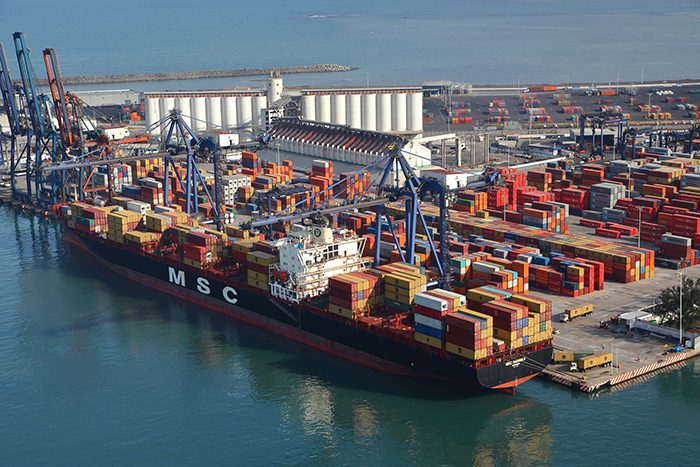THIS INTERNATIONAL ON DEMAND SUMMIT IS AN INDUSTRY… More
Negotiations On New EU-Mexico Comprehensive Agreement Announced
The most substantial part of the overall agreement is devoted to new trade liberalizations. The negotiating text indicates that almost all trade in goods between the EU and Mexico will be duty-free, including in the agricultural sector. The simplification of customs procedures will benefit EU industry, including pharmaceuticals, machinery and transport equipment.
The new trade agreement contains very positive clauses for the Italian agri-food sector, as it provides for the recognition of 340 European geographical indications, which will be guaranteed against imitations and counterfeits, including 33 Italian PDOs/PGIs and 31 for Italian wine.
The number of trade in goods and services between the European Union and Mexico has grown by an average of 8 percent per year since 2000, when the previous trade agreement was signed. In 2019, the EU-Mexico exchange had a total value of €85 billion, with a European surplus of €39 billion. The Mexican economy is now heavily dependent on the United States as its main export market, with 75 percent of its exports ending north of the border. The USMCA or T-MEC agreement (old NAFTA) has strengthened its ties with the United States and Canada. The agreement with the EU is an important step for Mexico in the direction of greater and more balanced differentiation of its trade flows.

Recent News
POSTED ON

























